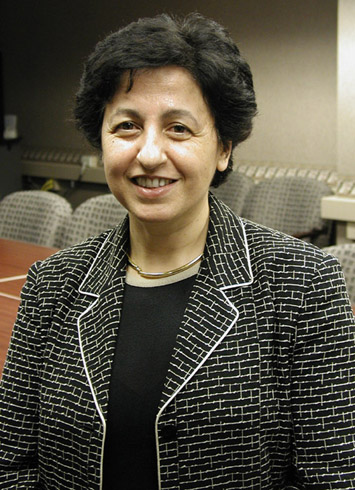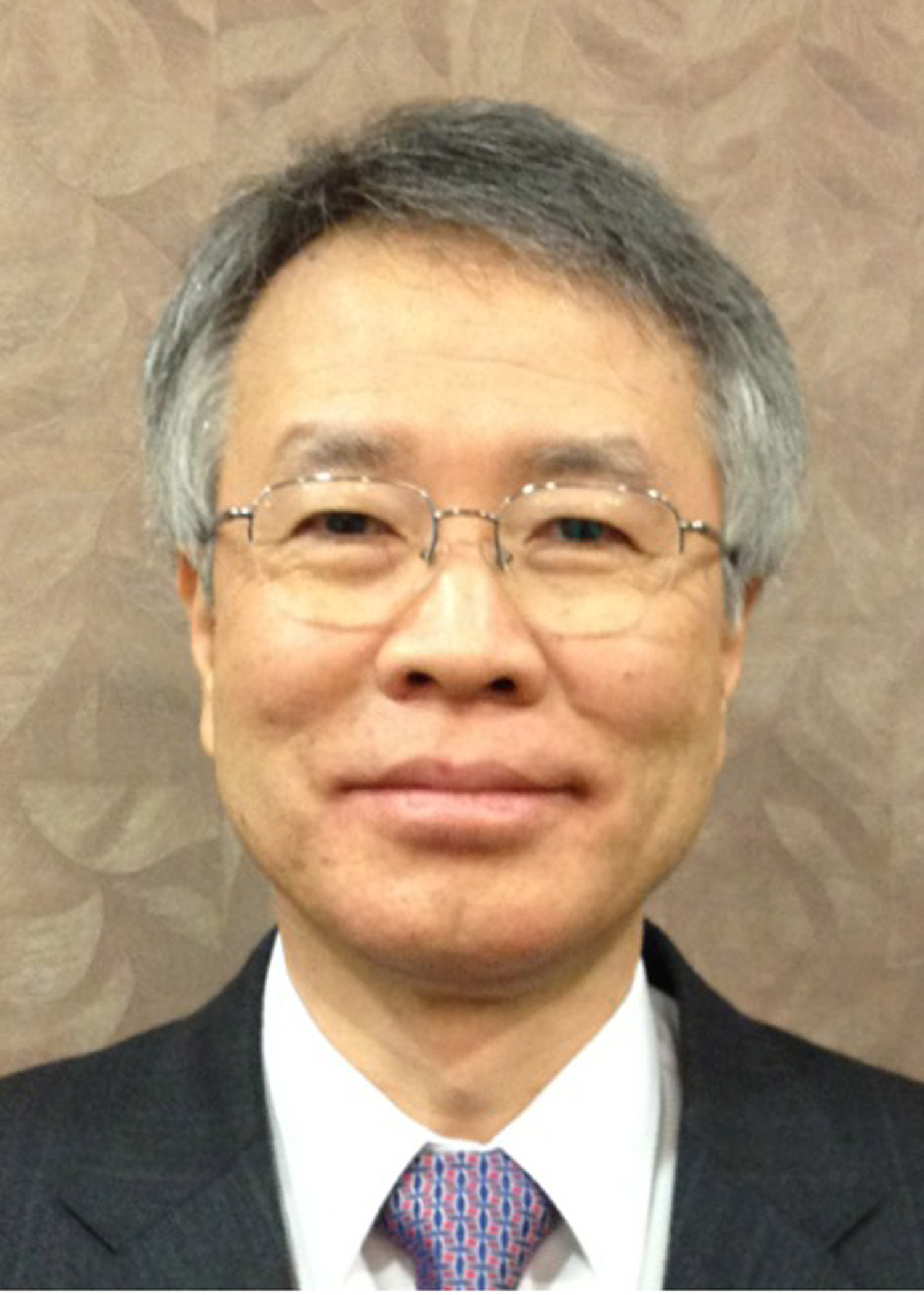Security and Privacy for the IoT
 |
Elisa Bertino
Department of Computer Science
Purdue University, USA
|
Abstract:
The Internet of Things (IoT) paradigm refers to the network of physical objects or "things" embedded with electronics, software, sensors, and connectivity to enable objects to exchange data with servers, centralized systems, and/or other connected devices based on a variety of communication infrastructures. IoT makes it possible to sense and control objects creating opportunities for more direct integration between the physical world and computer-based systems. IoT will usher automation in a large number of application domains, ranging from manufacturing and energy management (e.g. SmartGrid), to healthcare management and urban life (e.g. SmartCity). However, because of its fine-grained, continuous and pervasive data acquisition and control capabilities, IoT raises security and privacy concerns. Deploying existing security solutions to IoT is not straightforward because of device heterogeneity, highly dynamic and possibly unprotected environments, and large scale. In this talk, after outlining key challenges in security and privacy, we present initial approaches to securing IoT, including efficient and scalable encryption protocols, software protection techniques for small devices, and fine-grained packet loss analysis for sensor networks.
Elisa Bertino is professor of computer science at Purdue University, and serves as Director of Purdue Cyber Center and Research Director of the Center for Information and Research in Information Assurance and Security (CERIAS). She is also an adjunct professor of Computer Science & Info Tech at RMIT. Prior to joining Purdue in 2004, she was a professor and department head at the Department of Computer Science and Communication of the University of Milan. She has been a visiting researcher at the IBM Research Laboratory (now Almaden) in San Jose, at the Microelectronics and Computer Technology Corporation, at Rutgers University, at Telcordia Technologies. Her recent research focuses on data security and privacy, digital identity management, policy systems, and security for drones and embedded systems. She is a Fellow of ACM and of IEEE. She received the IEEE Computer Society 2002 Technical Achievement Award, the IEEE Computer Society 2005 Kanai Award and the 2014 ACM SIGSAC outstanding contributions award. She is currently serving as EiC of IEEE Transactions on Dependable and Secure Computing.
DB-IR Integration and Its Application to a Massively-Parallel Search Engine
 |
Kyu-Young Whang
School of Computing
Korea Advanced Institute of Science and Technology (KAIST), Korea
|
Abstract:
Nowadays, as there is an increasing need to integrate the DBMS (for structured data) with Information Retrieval (IR) features (for unstructured data), DB-IR integration is becoming one of major challenges in the database area. Extensible architectures provided by commercial object-relational DBMS(ORDBMS) vendors can be used for DB-IR integration. However, these extensions are implemented using a high-level (typically, SQL-level) interface. We call this architecture loose-coupling. The advantage of loose-coupling is ease of implementation. But, loose-coupling is not preferable for implementing new data types and operations in large databases when high performance is required. In this talk, we present a new DBMS architecture applicable to DB-IR integration, which we call tight-coupling. In tight-coupling, new data types and operations are integrated into the core of the DBMS engine in the extensible type layer. Thus, they are incorporated as the “first-class citizens” within the DBMS architecture and are supported in a consistent manner with high performance. This tight-coupling architecture is being used to incorporate IR features and spatial database features into the Odysseus ORDBMS that has been under development at KAIST/AITrc for over 25 years. In this talk, we introduce Odysseus and explain its tightly-coupled IR features (U.S. patented in 2002). Then, we demonstrate excellence in performance of tight-coupling by showing benchmark results. We have built a web search engine that is capable of managing 100 million web pages per node in a non-parallel configuration using Odysseus. This engine has been successfully tested in many commercial environments. This work won the Best Demonstration Award from IEEE ICDE held in Tokyo in April 2005. Last, we present a design of a massively-parallel search engine using Odysseus. Recently, parallel search engines have been implemented based on scalable distributed file systems (e.g., GFS). Nevertheless, building a massively-parallel search engine using a DBMS can be an attractive alternative since it supports a higher-level (i.e., SQL-level) interface than that of a distributed file system while providing scalability. The parallel search engine so designed is capable of indexing 30 billion web pages with a performance comparable to or better than those of state-of-the-art search engines. This work has been presented at ACM SIGMOD 2013 in New York.
Kyu-Young Whang graduated (Summa Cum Laude) from Seoul National University in 1973 and received the M.S. degrees from Korea Advanced Institute of Science and Technology (KAIST) in 1975, and Stanford University in 1982. He earned the Ph.D. degree from Stanford University in 1984. From 1983 to 1991, he was a Research Staff Member at the IBM T. J. Watson Research Center, Yorktown Heights, NY. In 1990, he joined KAIST, where he currently is a KAIST Distinguished Professor at Department of Computer Science. Dr. Whang served as an Editor-in-Chief of the VLDB Journal from 2003-2009 (Coordinating EIC from 2007-2009) and as an associate editor of IEEE TKDE, IEEE Data Engineering Bulletin, Distributed and Parallel Databases, Int'l J. of GIS, and the WWW Journal. Dr. Whang served the database community as the Chair of IEEE Technical Committee on Data Engineering(TCDE) from 2013-2014 and as a trustee of the VLDB Endowment from 1998 to 2004 and from 2010 to 2016 (reelected). He also served as a program co-chair of COOPIS '98, VLDB 2000, and ICDE 2006, as the general chair of VLDB 2006, PAKDD 2003, and DASFAA 2004, and as the honorary general chair/co-chair of ICDE 2015, DASFAA 2011, 2012, APWEB 2010, SSTD 2015, and KJDB2007-2014. He served as Chair, Vice Chair, Advisor, and the Awards Chair of the steering committee of DASFAA and as a steering committee member of the IEEE ICDE, PAKDD, APWeb, and ADMA. Dr. Whang received the Best Paper Award from the 6th IEEE ICDE in 1990 and the Best Demonstration Award in 2005. He received the ACM SIGMOD Contributions Award (2014), PAKDD Distinguished Contributions Award (2014), and DASFAA Outstanding Contributions Award (2011) for his contributions to the promotion of database research world-wide and in the Asia-Pacific region. He is a recipient of the prestigious Korea (Presidential) Engineering Award (2012). Dr. Whang is an ACM Fellow and an IEEE Fellow.

